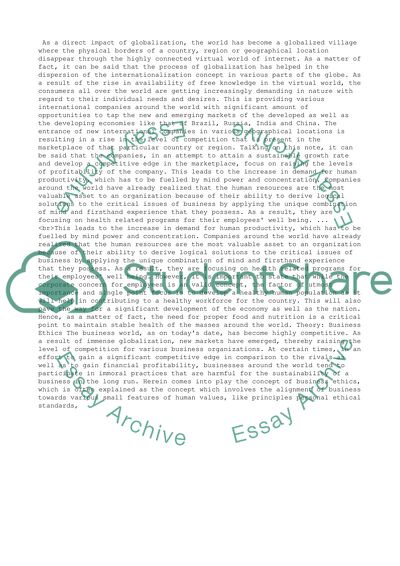Cite this document
(“Ethical Decision Making: Food & Nutrition Research Paper”, n.d.)
Retrieved from https://studentshare.org/business/1403734-ethical-decison-making-food-nutrition
Retrieved from https://studentshare.org/business/1403734-ethical-decison-making-food-nutrition
(Ethical Decision Making: Food & Nutrition Research Paper)
https://studentshare.org/business/1403734-ethical-decison-making-food-nutrition.
https://studentshare.org/business/1403734-ethical-decison-making-food-nutrition.
“Ethical Decision Making: Food & Nutrition Research Paper”, n.d. https://studentshare.org/business/1403734-ethical-decison-making-food-nutrition.


